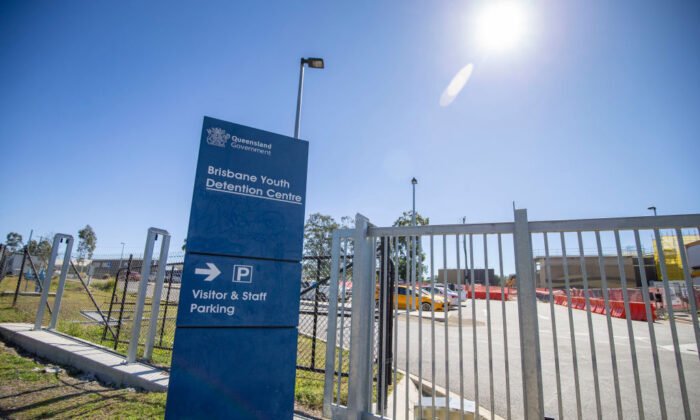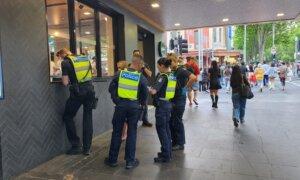Victoria Sparks Late-Night Debate Over Raising Criminal Age
Victoria is set to become the first state to raise the age of criminal responsibility to 12, but the call for further reform in youth justice remains strong.
The government has shifted its policy from raising the age to 14 after facing a series of high-profile incidents involving young alleged offenders.
A heated debate took place in the state’s upper house until the early hours of Aug. 16, with numerous amendments to the extensive 1000-page Youth Justice Bill discussed.
The bill received approval with the backing of various cross-bench parties including the Greens, Legalise Cannabis, Animal Justice Party, and Libertarian parties.
Expectations are high for the bill to pass through the lower house smoothly.
Additional changes include the implementation of electronic monitoring for young individuals on bail, creating a new offense for serious crimes committed while on bail, and flagging certain offenses in the Bail Act as posing significant community risk.
The Greens successfully advocated for prohibiting the use of spit hoods, a practice not employed in juvenile facilities, following a case where a person under 18 in adult custody was subjected to this method, as reported in the Commission for Children and Young People’s 2022/23 annual report.
Greens leader Ellen Sandell is committed to pushing for raising the age of criminal responsibility to 14.
Sandell stated, “We will not give up the fight to reform our justice system to ensure children’s safety and keep them out of prison,” during a press conference in Melbourne on Aug. 16.
She added, “All evidence indicates that incarcerating young children does not enhance community safety.”
Opposition spokesperson for youth justice and police, Brad Battin, criticized the weakening of laws and pledged to advocate for more prevention programs and additional reforms.
Battin expressed, “Effectively, we are giving children countless ‘get out of jail free’ cards until they turn 18. We are sending a message that committing crimes, regardless of their severity, allows for diversions and cautions until the age of 18.”
Deputy Premier Ben Carroll accused the opposition of abandoning the policy debate and assured that changes would be implemented in the state’s youth justice facilities.
Carroll emphasized, “This reform enhances community safety, increases investment in rehabilitation, and ultimately reduces criminal activity.”
He concluded, “This is a significant reform — Victoria now has its own dedicated Youth Justice Act for the first time.”
Former premier Daniel Andrews originally intended to raise the age of criminal responsibility to 14 by 2027 with certain exceptions.
While Victoria’s police commissioner welcomed the recent policy change, it drew criticism from Indigenous groups, legal bodies, and youth organizations.
Jesuit Social Services posted on social media platform X, “International human rights standards and research on children’s brain development suggest that we should raise the age to 14 without any exceptions — and we believe the job is incomplete until this is accomplished.”
In Australia, children as young as 10 can be charged and imprisoned, with the exception of the Northern Territory, which raised the age of criminal responsibility to 12.
The Australian Capital Territory plans to raise the age to 14 by 2025, while the Tasmanian government vowed to increase the minimum age for criminal detention to 14.
Public discussions around alleged youth offenders intensified following the deaths of three individuals in Melbourne.
Incidents involving teenagers allegedly led to the passing of William Taylor, 28, and GP Ashley Gordon earlier this year, while authorities are actively searching for the driver responsible for the fatal collision that killed motorcyclist Davide Pollina, 19, over the weekend.





